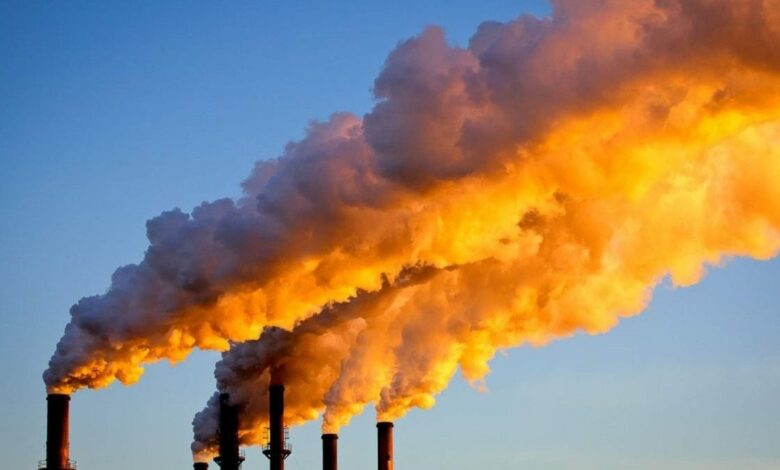Global fossil CO2 emissions will reach a record in 2024

Global carbon emissions from the combustion of fossil fuels have reached an unprecedented peak in 2024, with the Global Carbon Project reporting a projected 37.4 billion tonnes of fossil CO2 emissions, an increase of 0.8% from 2023. The report underlines an urgent call for emissions reductions as global leaders’ annual CO2 emissions from fossil fuels and land use change collectively approach 41.6 billion tonnes. Despite increased efforts to mitigate climate impacts, there are no clear signs of a peak in global fossil CO2 emissions, increasing the risk of exceeding critical climate thresholds.
Sector-specific emissions and regional insights
According to one report According to the University of Exeter, emissions from fossil fuels, including coal, oil and gas, are expected to rise by 2024, accounting for 41 percent, 32 percent and 21 percent of fossil CO2 emissions respectively. Coal emissions are expected to increase by 0.2 percent, oil by 0.9 percent and natural gas by 2.4 percent. Regionally, China, which is responsible for 32 percent of global emissions, is expected to see a slight increase of 0.2 percent, while emissions in the United States are expected to decline by 0.6 percent.
The European Union’s emissions are expected to decline by 3.8 percent, while India, which accounts for 8 percent of global emissions, is expected to increase by 4.6 percent. Emissions from the aviation and shipping sectors will also increase by 7.8 percent this year, although they remain below pre-pandemic levels.
Carbon budgeting and climate warnings
According to Professor Pierre Friedlingstein from the University of Exeter, who led the research, the lack of a peak in fossil CO2 emissions reduces the remaining carbon budget needed to keep warming below the 1.5 degrees Celsius target of the Paris Climate Agreement to keep. At current emission levels, there is a 50 percent chance that this threshold will be exceeded within the next six years. Meanwhile, Professor Corinne Le Quéré from the University of East Anglia acknowledged ongoing efforts in deploying renewable energy and reducing deforestation, but stressed that substantial emissions reductions are still essential.
Urgency for accelerated action
The report highlights that while some countries are showing progress in emissions reductions, these efforts have not been enough to reverse the overall global trend. Dr. Glen Peters of the CICERO Center for International Climate Research noted that global climate action remains “a collective challenge,” with gradual declines in emissions in some regions being offset by increases elsewhere.




